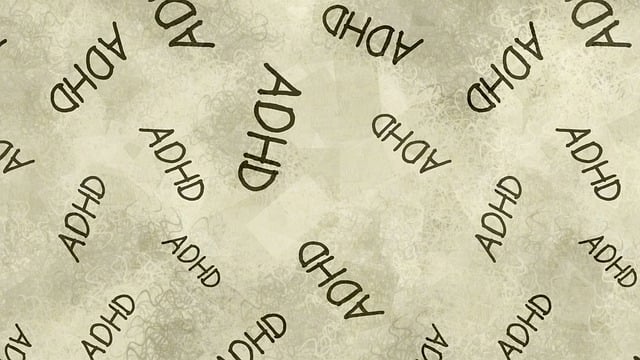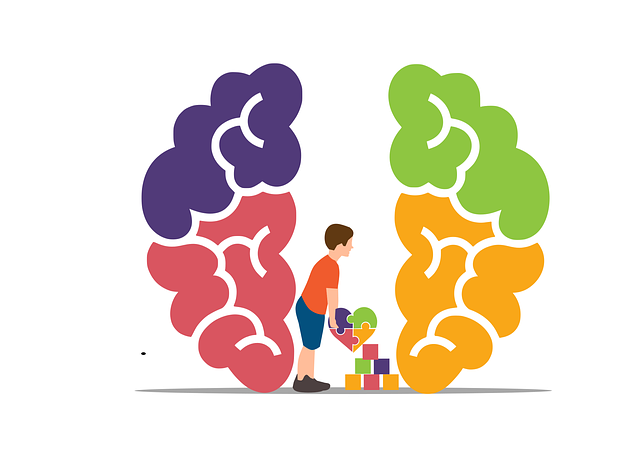Mental Health Crisis Hotlines provide crucial support for young children during crises, offering judgment-free spaces with trained professionals who employ empathy and gender-affirming care. These services cater to diverse identities, empower self-care practices, and normalize mental health conversations. Integrating gender-affirming care is vital for building trust, fostering open communication, and addressing societal pressures related to gender identity. Specialized therapy for young children, including trauma support and age-appropriate exercises, combined with this inclusive approach, ensures accessible and beneficial care for all kids, regardless of background or unique needs.
“In times of mental health emergencies, hotlines serve as crucial lifelines, especially for young children in need. This article explores the vital services provided by crisis hotline support lines, focusing on their role in assisting youth. We delve into the significance of understanding these resources, particularly ‘Therapy for Young Children’ and the emerging concept of ‘Gender-Affirming Care’ in emergency settings. By examining these aspects, we aim to ensure every child receives appropriate mental health care.”
- Understanding Mental Health Crisis Hotlines: A Lifeline for Young Children
- The Role of Gender-Affirming Care in Emergency Support
- Accessing Therapy Services: Ensuring Every Child Receives the Right Care
Understanding Mental Health Crisis Hotlines: A Lifeline for Young Children

Mental Health Crisis Hotlines serve as a vital lifeline for young children experiencing emotional distress and mental health crises. These services provide immediate support, offering a safe space for vulnerable youth to express their feelings and concerns without judgment. Trained professionals on these hotlines employ empathy-building strategies, tailored to the unique needs of young minds, fostering an environment conducive to open communication.
Access to gender-affirming care is another critical aspect, ensuring that hotlines cater to the diverse range of identities and experiences among children. By integrating self-care practices into their offerings, these hotlines empower young individuals with tools to manage stress and promote mental well-being in the long term. Through public awareness campaigns development, crisis hotlines play a pivotal role in normalizing conversations around mental health, encouraging early intervention, and ultimately saving lives.
The Role of Gender-Affirming Care in Emergency Support

In emergency support scenarios, particularly with young children experiencing mental health crises, Gender-Affirming Care plays a vital role. This approach ensures that children receive compassionate and understanding therapy tailored to their unique needs and identities. By providing an environment where gender expression is respected and validated, healthcare providers can foster trust and encourage open communication. This is especially crucial for young individuals who may struggle with their mental health due to societal pressures or lack of support regarding their gender identity.
Integrating Gender-Affirming Care into crisis hotline services promotes a more inclusive and effective system. It empowers children to share their experiences without fear of judgment, enabling healthcare providers to offer tailored interventions. Moreover, such practices contribute to burnout prevention strategies for healthcare providers by fostering empathy and reducing the emotional strain often associated with handling sensitive cases. This approach aligns with compassion cultivation methods, ensuring that both patients and caregivers benefit from enhanced stress reduction techniques.
Accessing Therapy Services: Ensuring Every Child Receives the Right Care

Accessing appropriate therapy services is a crucial step in ensuring every child receives the right care for their mental health crisis. When it comes to young children, finding therapists who specialize in pediatrics and have experience with sensitive issues like trauma or gender identity is essential. Many healthcare providers now offer training in cultural competency, which allows them to better understand and cater to diverse populations, including LGBTQ+ youth. This specialized care is vital for fostering a safe and supportive environment where children can build self-awareness, develop coping mechanisms, and begin their journey towards healing.
Trauma support services play a significant role in this process, as many young individuals have experienced adverse events that impact their mental well-being. Self-awareness exercises tailored to their age group can help these children identify and express their emotions effectively. By providing gender-affirming care, therapists create an inclusive atmosphere, fostering trust and encouraging honest conversations about challenges related to gender identity. This holistic approach ensures that therapy remains accessible and beneficial for all children, regardless of their background or unique needs.
Mental health crisis hotline support services play a vital role in ensuring young children receive urgent care. By offering accessible and confidential resources, these hotlines provide a lifeline for those in distress. The article has explored the significance of understanding these services, highlighting the importance of gender-affirming care in emergency situations and the need to access appropriate therapy for young individuals. Through navigating these resources, we can foster better mental health outcomes and support the well-being of children in crisis.









